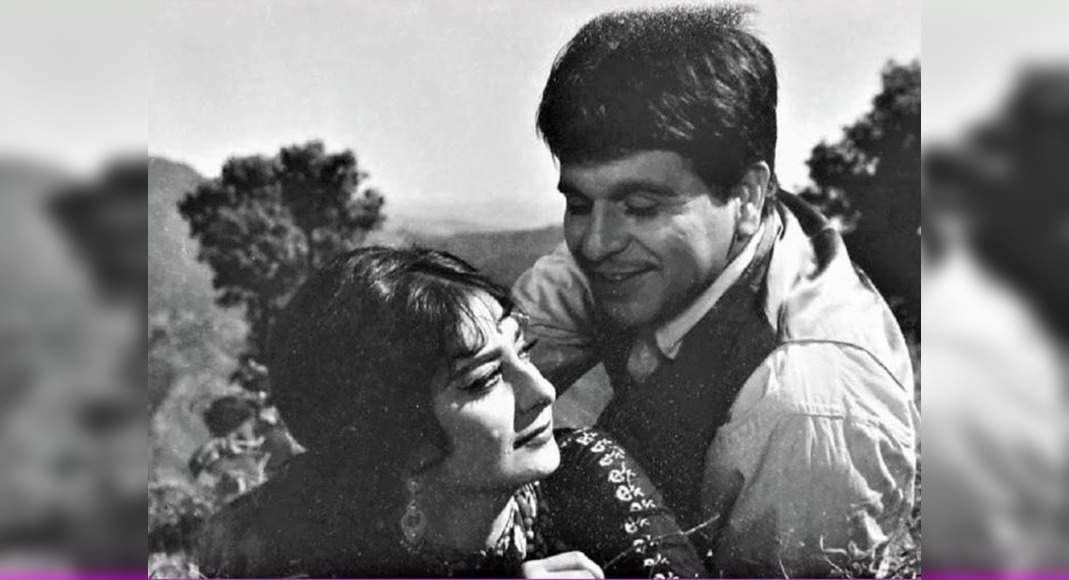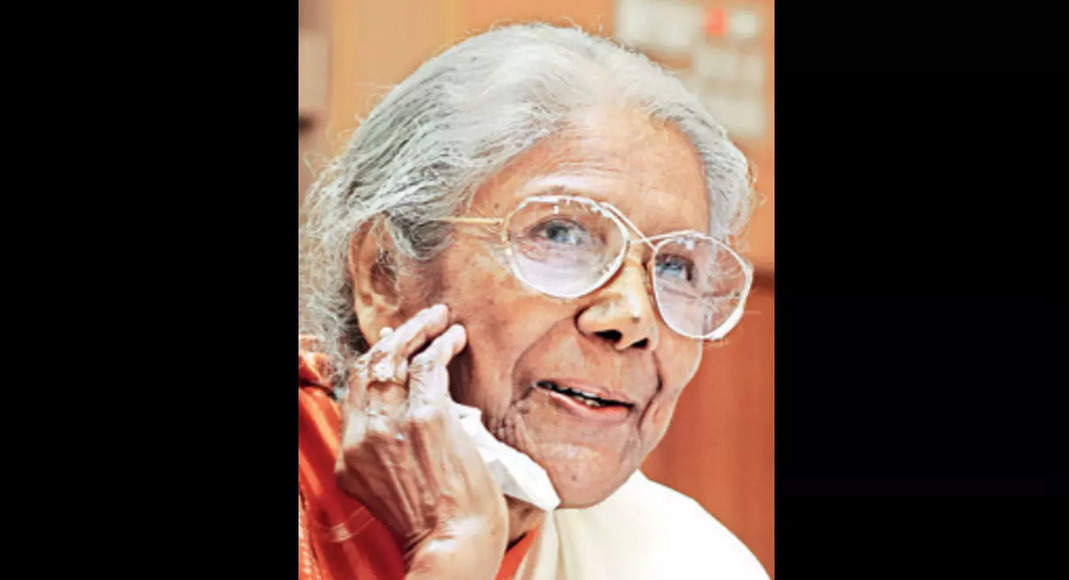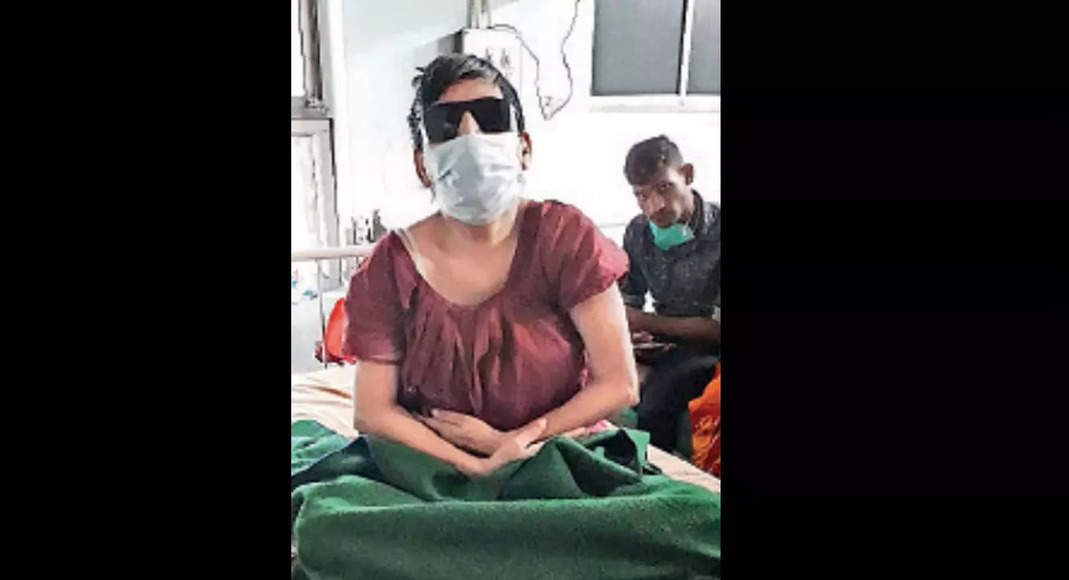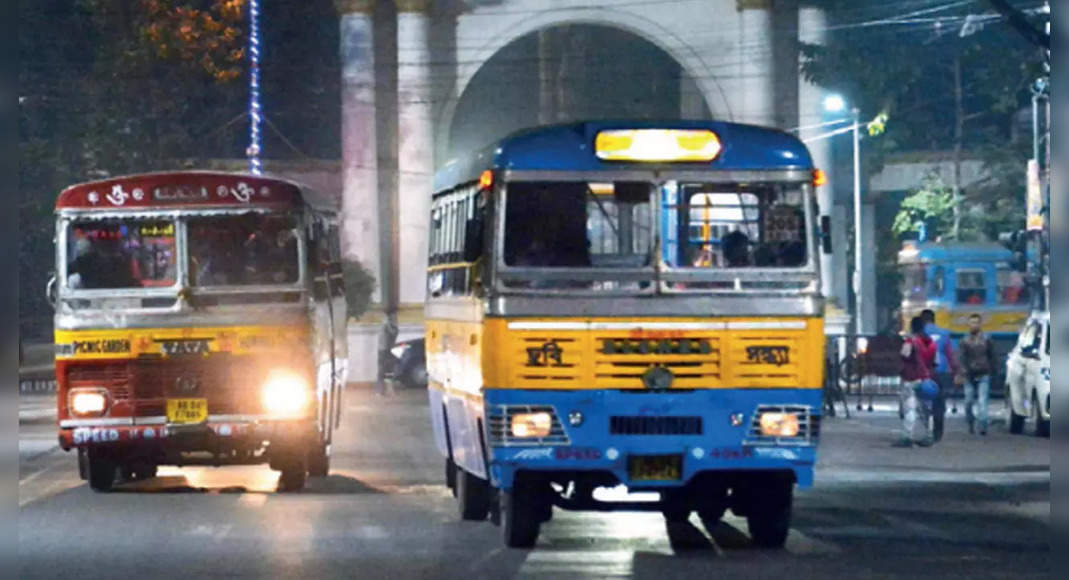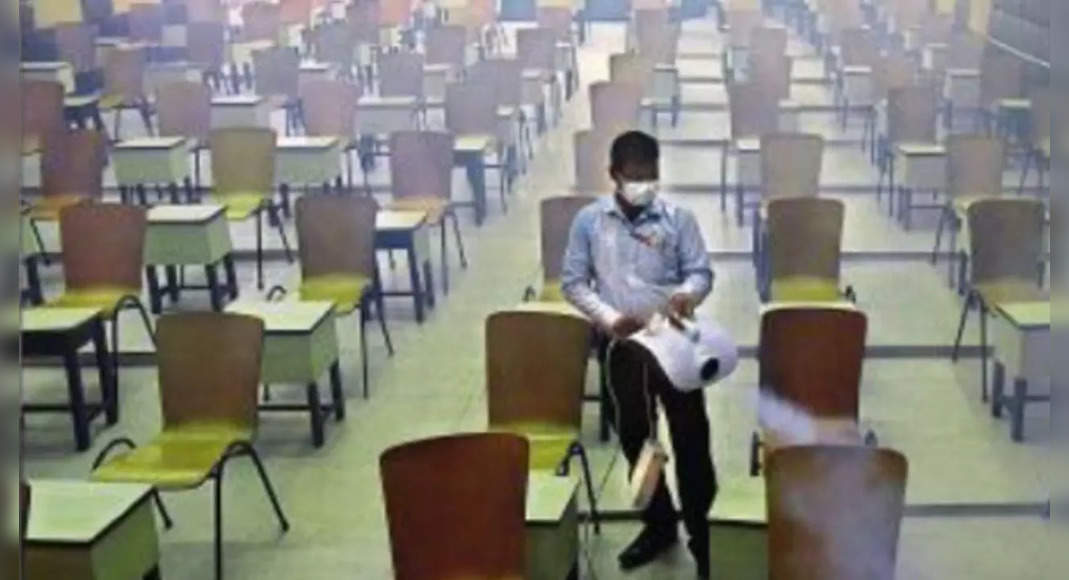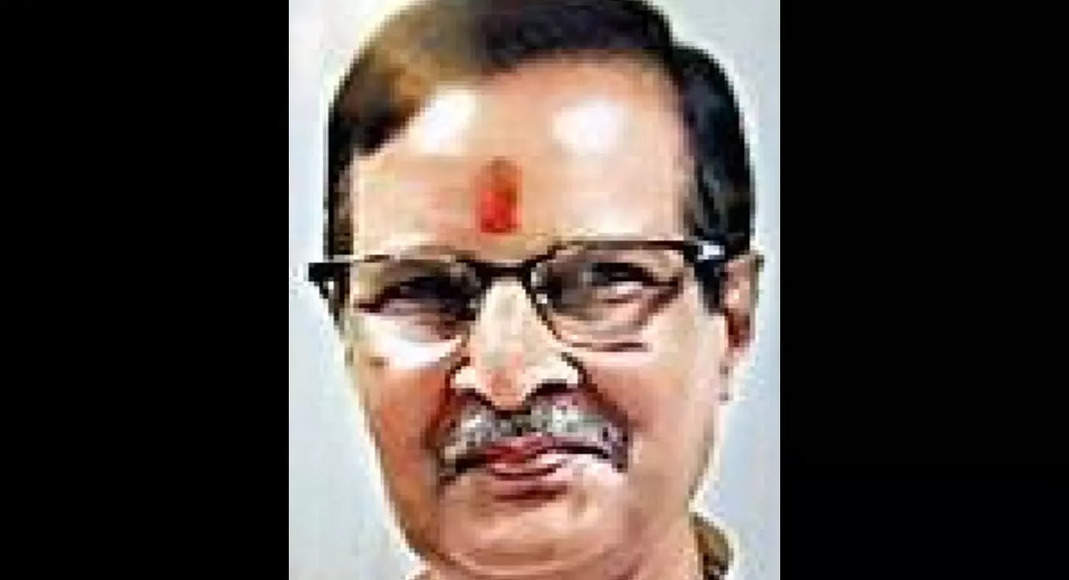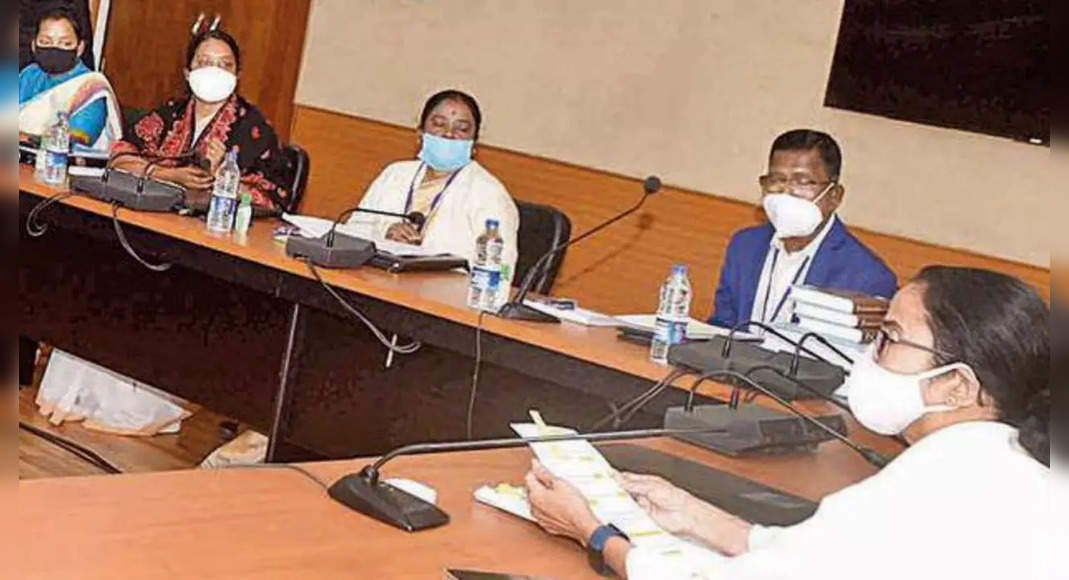KOLKATA: His friendship with director Tapan Sinha was legendary.
His deep respect for the likes of Chhabi Biswas, Pahari Sanyal, Uttam Kumar and Suchitra Sen is still talked about.
His empathy for the 1978 flood victims of Bengal that had led him to captain a team of Bollywood actors and score 54 in a charity cricket match at Eden Gardens on February 11, 1979, opposite Uttam Kumar’s team remains an example.
His penchant for watching Mohun Bagan, East Bengal and Mohammedan Sporting matches at the Rovers Cup and his love for Chuni Goswami make football fans happy.
Dilip Kumar and Dharmendra in the lobby of the Bengali film titled ‘Paari’.These are few of the reasons why Dilip Kumar’s demise on Wednesday truly marked the end of an era for his admirers in Bengal.
Chief minister Mamata Banerjee tweeted saying: “Crestfallen at the passing of a beacon in cinema… His inimitable style of acting will remain engraved among film lovers for generations.” Dilip Kumar during a charity match at Eden Gardens.The quaint tracks in front of the railway workshop in Teendharia remind many of how India cinema’s Tragedy King had shed his stardom to shoot there with Saira Bano for Sinha’s ‘Sagina Mahato’ (1970) that was based on a story by Gour Kishore Ghosh.
The Hindi version was remade with the same cast as ‘Sagina’ (1974).
Kumar had loved the script for its exposure of the politics that had impacted the proletarian labour movements and the unusual love story.
With Sinha, he would have long academic discussions about the film’s backdrop and the period (1942-43) when the story was set.
What attracted Kumar to the character was his complete lack of guile, maverick behavioral traits and his chequered destiny had attracted him.
Sinha had shared with him literature on the pre-independence labour union movements and the birth of Naxalism.
That largely helped him to understand the vulnerability of the character against the backdrop of the volatile political scenario.
“He was a wonderful actor and the first choice for playing Sagina.
Baba was attracted towards his versatility and professionalism.
He had liked the fact that Dilip Kumar could keep aside his stardom and get deeply into a character,” said Sinha’s son, Anindya.
Thanks to his association with the likes of Ashok Kumar, Bimal Roy and Nitin Bose, Kumar had developed a soft corner for the Bengali language early on in his life.
In contrast to the other non-Bengali speaking artistes from Mumbai who had to be given recorded tapes of their dialogues for rehearsals, Kumar didn’t face much of a challenge in saying his lines that had a mix of Bengali and Hindi.
Dilip Kumar during the premier of Musafir with Suchitra Sen, Bikash Roy and Bhanu Bandopadhyay at Basusree.So involved was Kumar that for one scene he suggested running after a speeding train in the rain with the wind beating against his face.
Sinha had liked the suggestion but had wanted to use a body double.
Kumar had other plans and wanted to rely on his athletic background.
Not only did Kumar go on to shoot it himself, he also did it on one take! Kumar had got a badminton court made next to his cottage and would play the game with anyone who picked up the racquet.
Much of his free time was spent trekking up the hills or exploring the market for orchids.
Some evenings were also spent around a bonfire, singing and dancing and miming.
Anindya was only 10 years old when he joined the shooting unit in Gayabari.
“The Pal Chowdhury family had a beautiful house there where the entire unit had stayed for a month.
Evenings meant everyone of the unit, including Dilip Kumar, participating in the adda,” Anindya said.
Veteran singer Anup Ghoshal remembered how Sinha had originally wanted the actor to sing ‘Chhoti Si Panchi’ when he had composed it.
“Tapan-da had said that he had composed it for him and had asked me to sing the scratch version.
But Dilip Kumar loved my version and insisted that it be retained for the film,” Ghoshal remembered.
Interestingly, Kumar had mentioned that during one shooting break of ‘Sagina Mahato’, he had discovered a promising actor named Kader Khan who had acted in a play by a local theatre group and had expressed a desire to work in Hindi films.
On his request, Khan had got a small role when Sinha had directed ‘Sagina’ in Hindi.
As tributes poured in on Wednesday, Anindya remembered the “deep intellectual friendship” that Kumar shared with his father till the latter passed away in 2009.
“Few know that he was an intellectually deep person.
Baba addressed him as ‘Yusuf Bhai’ and he was Tapan for him.
Baba would recite translations of Tagore’s poetry to him while he would recite Urdu shairi.
There wouldn’t be a single occasion when he came to Kolkata and not meet my father,” he said.
Others in Kolkata take pride when they recall that Kumar was first spotted by Bengali actress Devika Rani in 1932 when she found him selling fruits in a shop at the Pune Military canteen.
Rani, who was the daughter of Tagore’s nephew Colonel Manmatha Nath Chaudhuri and wife of actor-producer Himanshu Rai, had found promise in him and offered to pay him Rs 450 per month for joining Bombay Talkies.
When he made his acting debut in 1944 for ‘Jwar Bhata’, that too was directed by a Bengali filmmaker.
Amiya Chakravarty had cast him in the role of a wandering musician in this film which also marked the acting debut of Ruma Guha Thakurta.
Before shooting for Nitin Bose’s ‘Milan’, which was an adaptation of Tagore’s ‘Naukadebi’, Kumar had read a translation of the original novel.
Later, he also did ‘Deedar’ with Bose.
When he wrote the script of ‘Ganga Jamuma’ and produced the film, he got Bose to direct it.
The premiere of the film was held at Basusree with him in attendance.
In 1955, he acted in Bimal Roy’s adaptation of ‘Devdas’ opposite Suchitra Sen.
The script was penned by Nabendu Ghosh.
When Roy gave him to read a translation of Saratchandra Chattopadhyay’s novel, Kumar realized that the film could become iconic if he played his role with “appropriate discretion”.
His unparalleled portrayal of tragic emotions in ‘Devdas’ is still talked about.
In 1958, he acted in Roy’s ‘Madhumati’ that was written by Ritwik Ghatak.
In 1966, he made his Bengali film debut in Jaganath Chattopadhyay’s ‘Paari’.
Based on Jarasandha’s work, the film cast him as a jailer Vijay Upadhyay who could understand and speak Bengali.
By then, Kumar had sharpened his Bengali speaking skills and insisted on himself dubbing his role.
Unlike many other Hindi-speaking actors, his Bengali accent left no room for complaints.
On Wednesday, photographs of Kumar in the company of actors at Eden Gardens and his film premieres surfaced across timelines.
An actor’s actor, his contribution was perfectly summed up in an Instagram post by Prosenjit Chatterjee on the passing away of the icon: “An era himself, an important part of Indian film history… #DilipKumar will always be remembered for his huge contribution to cinema.
When it comes to his exceptional acting prowess, I don’t think I can even make a comment about it.
But can only admire him forever.”

